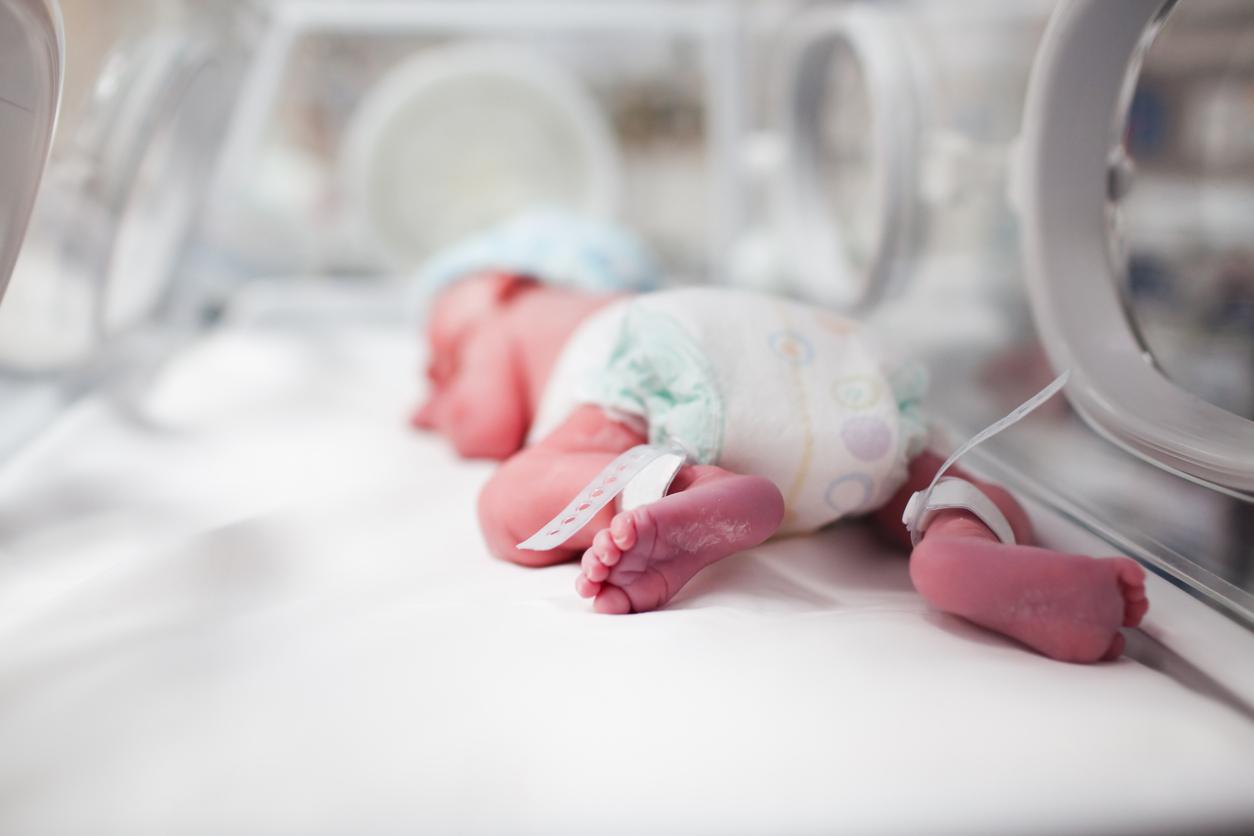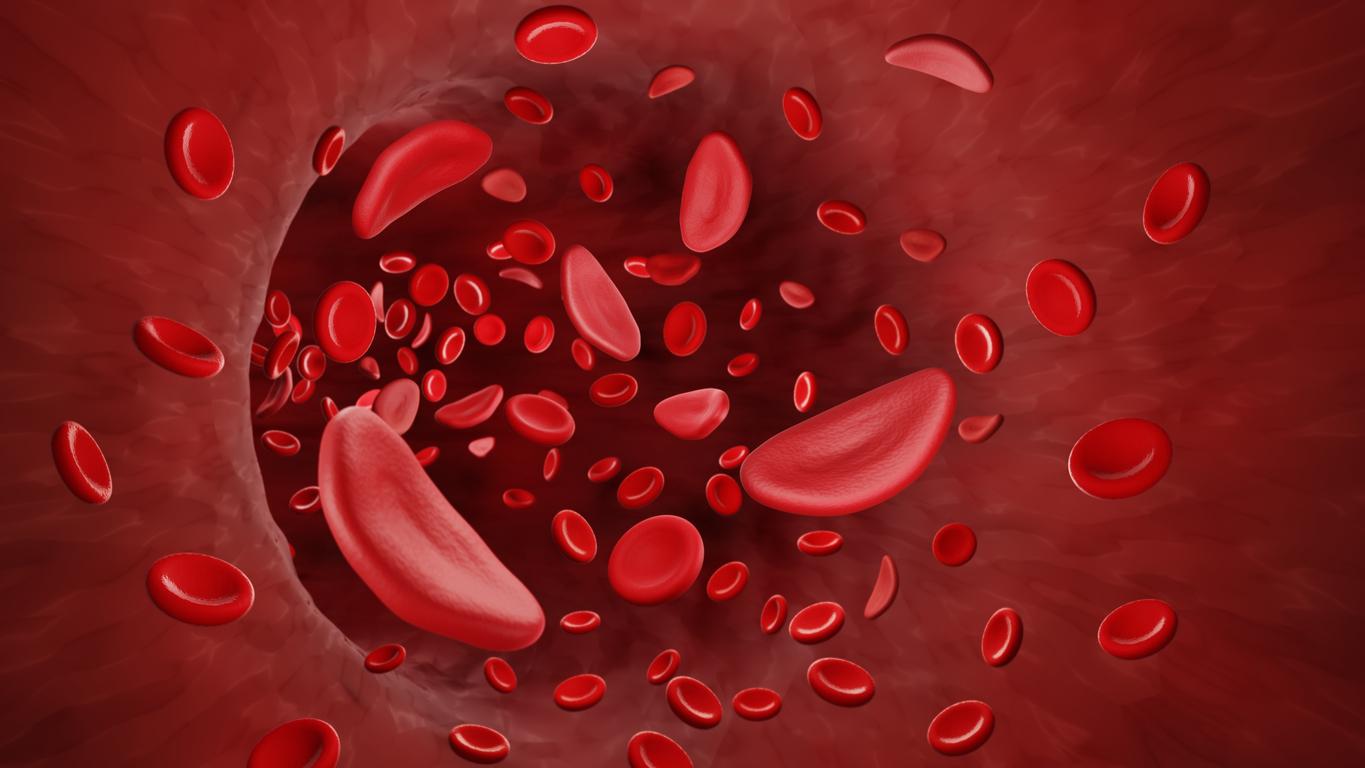This is a first in the United States. A genetic test for health purposes has just been marketed on Thursday 19 February. It is primarily used by parents seeking to detect a rare disease in their children.
The kit is developed by the 23andme group (of which the giant Google is one of the investors) and had been forbidden in November 2013 by the United States Drug Administration (FDA). At the time, the FDA had estimated that such a product, based on a sample of saliva and supposed to inform about the eventualities of diabetes and breast cancer, risked pushing its users to undertake unfounded processing. Conversely, the FDA was concerned that the population would ignore a real risk in the event of a negative test result.
Finally, the FDA accepted the marketing of a first test DNA for health purposes, genealogical kits having long been authorized in the United States. However, this measure remains limited, since the test in question does not aim to assess the risk of illness for the user himself but for his children, and only detects a rare sickness : Bloom’s syndrome.
This condition of genetic and hereditary origin is characterized by pre and post-natal growth retardation as well as localized redness when exposed to the sun. It also greatly increases the risk of cancer.
“The FDA considers that, in many circumstances, the customer does not need to go through a health professional to directly access personal information about his genome,” said Alberto Gutierrez, an FDA official quoted in a press release. In this sense, “these tests are able to inform users about possible mutations in their genes, likely to be transmitted to their children”, he added to explain this decision.
In France, no test of this kind is yet authorized. The Civil Code recognizes the right of individuals to carry out a paternity test or any other DNA test in three specific cases: in the context of legal proceedings, for medical or scientific research purposes, or to establish identity. of deceased persons when unknown.
Read also :
Controversial DNA test arrives in Britain
Tuberculosis: a breath test to diagnose it


















